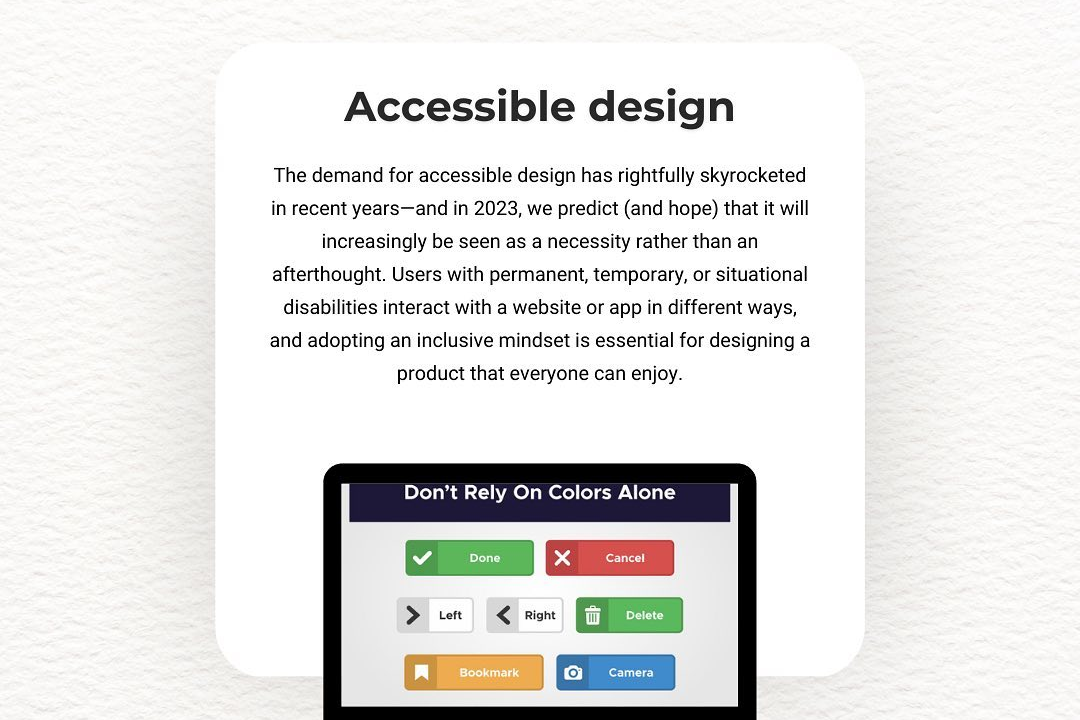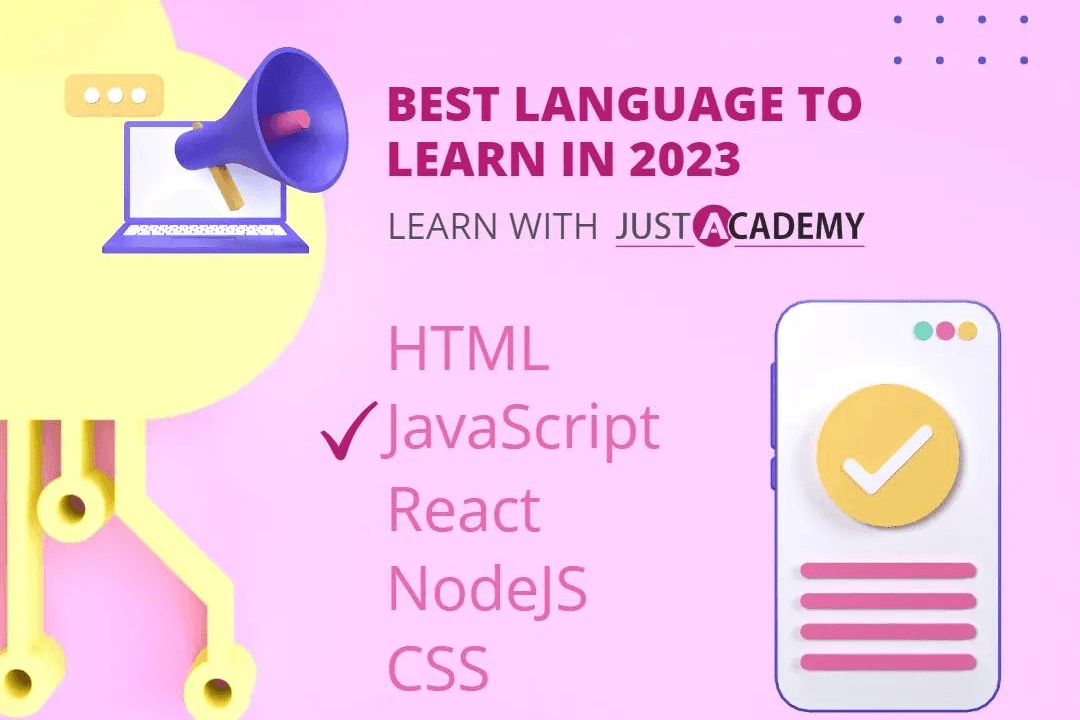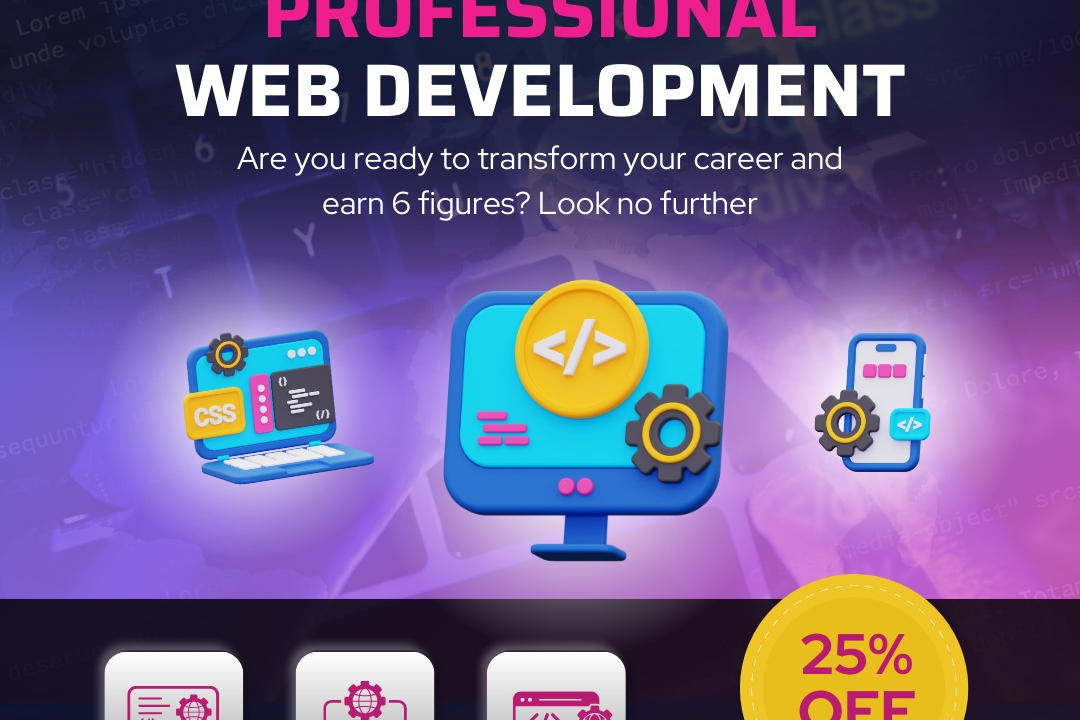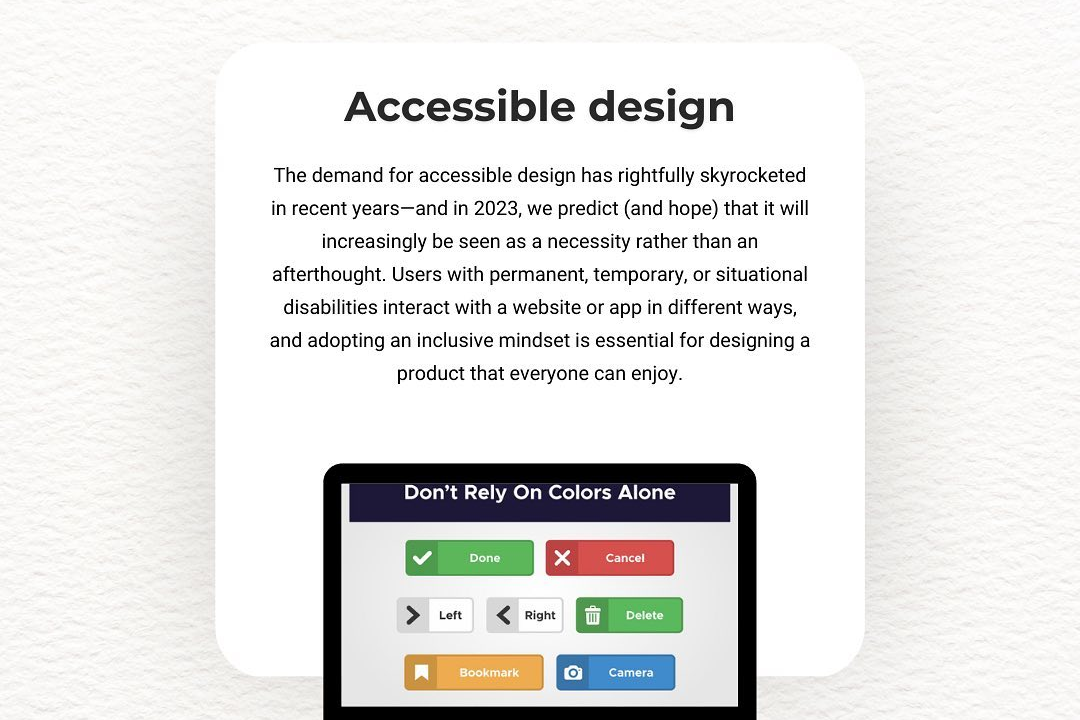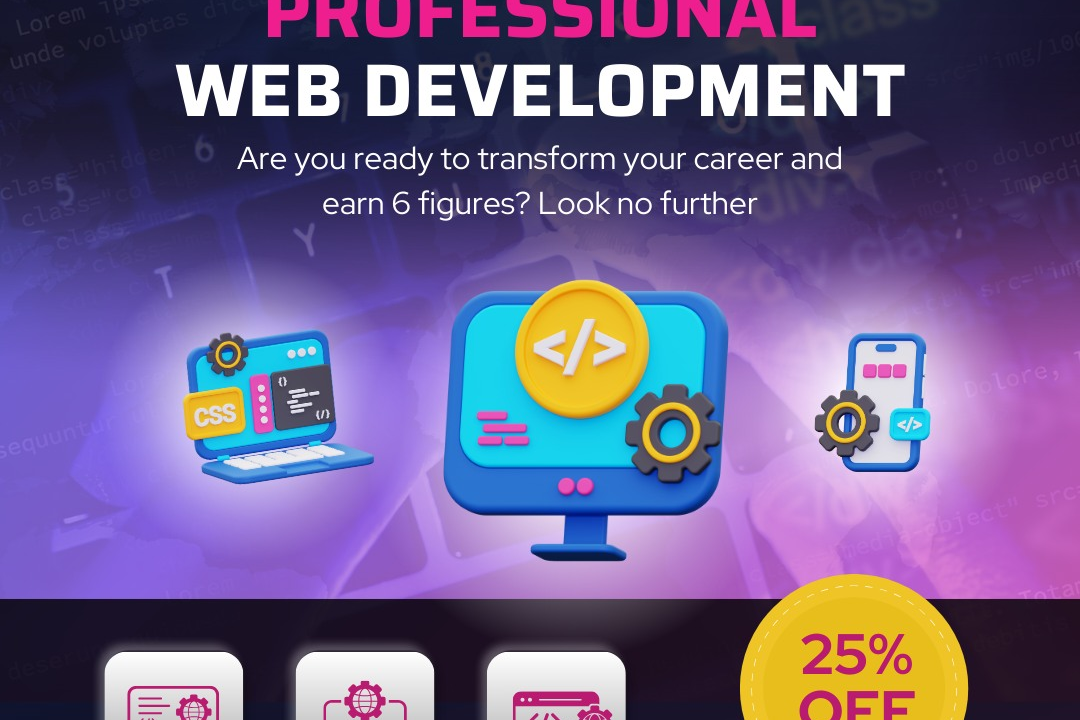Examples Programs Of Flow Control And Looping In Php
Examples of flow control and looping in PHP demonstrate how to manage the execution flow of programs
Examples Programs Of Flow Control And Looping In Php
Examples of flow control and looping in PHP are essential for creating dynamic and efficient web applications, as they allow developers to make decisions, manage program execution, and automate repetitive tasks based on specific conditions. By utilizing constructs like if-else statements, switch cases, and loops such as for, while, and do-while, programmers can implement logic that adapts to different inputs, process large datasets, and enhance the interactivity of websites. This flexibility improves functionality, reduces code redundancy, and enables the development of robust, user-responsive applications.
To Download Our Brochure: https://www.justacademy.co/download-brochure-for-free
Message us for more information: +91 9987184296
Examples of flow control and looping in PHP are essential for creating dynamic and efficient web applications, as they allow developers to make decisions, manage program execution, and automate repetitive tasks based on specific conditions. By utilizing constructs like if else statements, switch cases, and loops such as for, while, and do while, programmers can implement logic that adapts to different inputs, process large datasets, and enhance the interactivity of websites. This flexibility improves functionality, reduces code redundancy, and enables the development of robust, user responsive applications.
Course Overview
The ‘Examples Programs of Flow Control and Looping in PHP’ course provides practical lessons on using if-else, switch, for, while, and do-while loops to create dynamic PHP applications, helping learners understand decision-making and repetitive tasks efficiently.
Course Description
This course offers practical examples of flow control and looping constructs in PHP, covering if-else, switch, for, while, and do-while loops to help learners build dynamic and efficient web applications through hands-on programming.
Key Features
1 - Comprehensive Tool Coverage: Provides hands-on training with a range of industry-standard testing tools, including Selenium, JIRA, LoadRunner, and TestRail.
2) Practical Exercises: Features real-world exercises and case studies to apply tools in various testing scenarios.
3) Interactive Learning: Includes interactive sessions with industry experts for personalized feedback and guidance.
4) Detailed Tutorials: Offers extensive tutorials and documentation on tool functionalities and best practices.
5) Advanced Techniques: Covers both fundamental and advanced techniques for using testing tools effectively.
6) Data Visualization: Integrates tools for visualizing test metrics and results, enhancing data interpretation and decision-making.
7) Tool Integration: Teaches how to integrate testing tools into the software development lifecycle for streamlined workflows.
8) Project-Based Learning: Focuses on project-based learning to build practical skills and create a portfolio of completed tasks.
9) Career Support: Provides resources and support for applying learned skills to real-world job scenarios, including resume building and interview preparation.
10) Up-to-Date Content: Ensures that course materials reflect the latest industry standards and tool updates.
Benefits of taking our course
Functional Tools
1 - PHP Development Environment: For effective learning of flow control and looping, students are provided with a robust PHP development environment such as XAMPP or WAMP server. These tools simulate a local server environment on their computers, allowing them to write, test, and execute PHP scripts seamlessly. Setting up these environments ensures that students can practice scripts without the need for internet hosting, facilitating hands on learning and instant feedback on their code. Proper environment configuration is crucial for understanding real time debugging, server client interactions, and script execution flow, which are essential skills for PHP developers.
2) Code Editors and IDEs: Students are trained to use advanced code editors or Integrated Development Environments (IDEs) like Visual Studio Code, PHPStorm, or Sublime Text. These tools come equipped with syntax highlighting, code suggestion, auto completion, and debugging features that significantly enhance coding efficiency. Through these editors, learners can write complex nested loops, conditional statements, and control structures with comfort. The integrated debugging tools help in identifying logical errors, understanding flow execution, and practicing step by step code analysis, thereby deepening their programming comprehension.
3) Sample Code and Repositories: The course provides a comprehensive collection of sample PHP programs demonstrating flow control and looping constructs, accessible via repositories like GitHub or internal LMS platforms. These examples serve as practical reference points, allowing students to compare their code against best practices and understand various implementation techniques. They can modify and experiment with these snippets, which accelerates learning and inspires innovative problem solving approaches. Access to diverse examples ensures learners gain a broad perspective on applying control structures across different scenarios.
4) Debugging and Testing Tools: Integrating debugging tools like Xdebug or built in IDE debuggers enables students to step through their code, identify logical flaws, and understand the execution sequence of loops and control statements. These tools allow setting breakpoints, inspecting variable states, and monitoring flow control in real time, which is essential for mastering complex scenarios involving nested loops or multiple conditions. Testing tools help students validate their scripts against expected outputs, ensuring that they grasp the practical applications of control flow in real world projects.
5) Interactive Learning Platforms: The course utilizes online coding platforms such as PHP Fiddle or PHPTester that offer a browser based environment for writing and running PHP scripts instantly. These platforms facilitate immediate feedback, allowing students to experiment with flow control statements without the setup complexities of local environments. They support interactive learning through guided exercises, quizzes, and real time error detection, promoting active engagement. Such tools make learning more accessible, especially for beginners, and help in building confidence in applying PHP control structures.
6) Visualization Tools: Visual flowchart and diagram tools like Lucidchart or draw.io are incorporated into the training to help students visually understand the execution flow of control and loop structures. Visual representations clarify how conditional branches and nested loops operate, making complex logic more digestible. These tools assist learners in designing logical flowcharts before coding, fostering a better conceptual grasp. Visual aids are particularly beneficial for beginners to relate abstract code concepts to concrete diagrams, aiding memory retention and comprehension.
7) Validation and Output Simulation Tools: To verify the correctness of their scripts, students use tools that simulate output results or validate code logic, such as PHP testing frameworks or online validators. These tools help in analyzing how different inputs influence flow execution, especially in conditional and looped scenarios. They enable students to develop a systematic approach for testing various conditions, ensuring robust and error free code. Automation of tests also teaches best practices in software quality assurance, vital for professional development.
8) Documentation and Reference Guides: The training includes comprehensive documentation, tutorials, and reference manuals related to PHP flow control and looping features. These resources serve as quick references for syntax, usage examples, and best practices, encouraging self paced learning. Well structured documentation simplifies understanding complex concepts and assists students in implementing control structures correctly in their programs. It also supports troubleshooting and refining code skills, ultimately fostering independent learning.
9) Hands On Projects and Assignments: JustAcademy emphasizes practical application by assigning real world projects that require implementing flow control and looping constructs. These projects challenge students to design solutions that incorporate conditional statements, nested loops, and control flow mechanisms to solve complex problems. Working on tangible assignments reinforces theoretical knowledge, improves problem solving skills, and prepares learners for industry scenarios where efficient control logic is crucial.
10) Live Coding Sessions and Webinars: The course features interactive live coding demonstrations and webinars led by industry experts. During these sessions, instructors illustrate how to utilize PHP’s flow control and looping structures effectively, explaining common pitfalls and best practices. Students can ask questions in real time, receive instant clarifications, and observe coding techniques in a practical setting. This immersive experience helps solidify understanding and enhances confidence in applying control structures in their own projects.
11 - Peer Collaboration and Code Review: JustAcademy promotes collaborative learning through peer code reviews and group discussions. Students share their scripts, provide constructive feedback on each other's use of control statements and loops, and learn from diverse approaches. This collaborative environment encourages critical thinking, exposes students to alternative solutions, and fosters a community of practice that emphasizes clean, efficient, and maintainable code.
12) Quizzes and Knowledge Checks: Regular quizzes focusing on flow control and looping concepts assess learners’ understanding and retention. These assessments include multiple choice questions, coding challenges, and problem solving exercises that test practical application skills. Immediate feedback helps students identify areas for improvement, guiding targeted learning and reinforcing key concepts such as syntax, logic flow, and control structures.
13) Supplementary Mobile Learning Apps: To facilitate learning on the go, JustAcademy offers mobile compatible resources and apps that include mini tutorials, flashcards, and coding exercises on flow control and loops. These tools enable students to practice anytime, anywhere, making continuous learning accessible and flexible. Mobile apps reinforce core concepts through gamified quizzes and quick reference guides, ensuring consistent engagement.
14) Industry Case Studies and Best Practices: The curriculum incorporates industry relevant case studies demonstrating how control flow and looping are used in real world applications, such as e commerce sites, content management systems, and data processing scripts. Analyzing these cases helps students understand the relevance of their skills, identify best practices, and adopt efficient coding standards that align with professional industry requirements.
15) Integration with Data and Database Projects: Students learn to integrate control flow techniques within broader data driven applications by working on projects involving database interactions. For instance, conditional statements control user authentication, while loops process bulk data exports. This integration deepens understanding of how control structures operate within full stack development scenarios, preparing learners for complex project requirements.
16) Certification and Skill Validation: Upon completing modules focused on flow control and looping, students receive industry recognized certifications from JustAcademy. These validate their proficiency in PHP control structures, boosting their credibility in the job market. The certification process includes assessments that test both conceptual understanding and practical implementation, ensuring comprehensive skill validation.
Browse our course links : https://www.justacademy.co/all-courses
To Join our FREE DEMO Session:
This information is sourced from JustAcademy
Contact Info:
Roshan Chaturvedi
Message us on Whatsapp:
Email id: info@justacademy.co
Power Bi Prerequisites To Learn
Software Testing Tools Training Hyderabad Selenium Training Hyderabad Telangana

